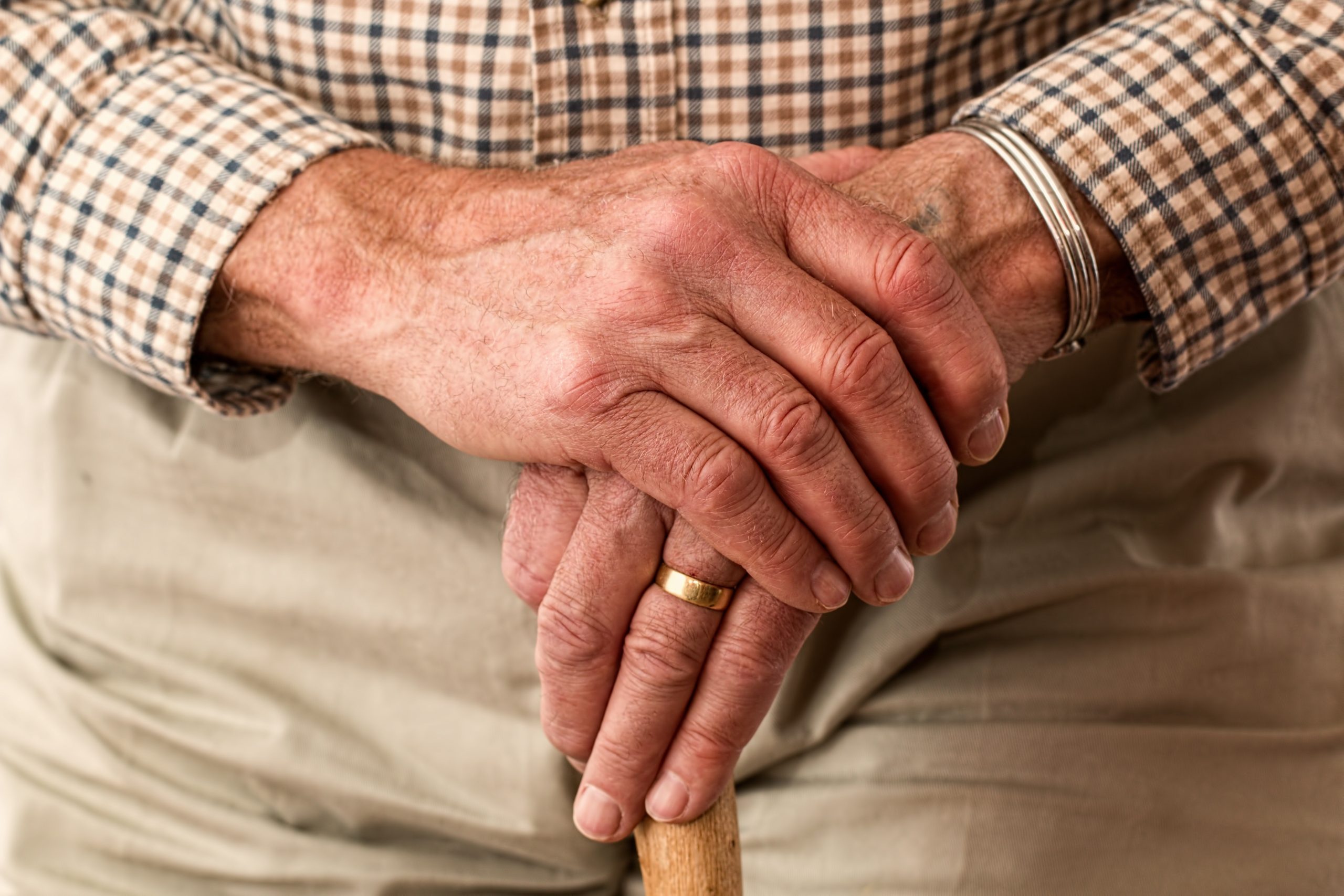Protecting the Rights of Seniors: Understanding the Role of Litigation

The image is not directly related to the article. It merely symbolizes the life of elderly people.
Question: What is the role of litigation in protecting the rights of seniors?
Answer: Litigation plays a crucial role in protecting the rights of seniors. It provides a legal avenue for seniors to seek justice and ensure that their rights are upheld. Through litigation, seniors can hold individuals, organizations, or institutions accountable for any violation of their rights, including cases of abuse, neglect, discrimination, and financial exploitation.
Question: What are some common issues faced by seniors that may require litigation?
Answer: Seniors may face various issues that require litigation to protect their rights. Some common issues include nursing home abuse or neglect, wrongful eviction from assisted living facilities, financial fraud or exploitation, denial of healthcare services, age discrimination in employment or housing, and violation of elder rights under state or federal laws. Litigation can help seniors seek compensation, obtain injunctions, or enforce their rights in these situations.
Question: How does litigation help in raising awareness about senior rights?
Answer: Litigation not only provides a legal remedy for seniors but also helps raise awareness about senior rights. High-profile cases or class-action lawsuits involving seniors can attract media attention, leading to public awareness and discussions about the issues faced by older adults. This increased visibility can bring about policy changes, reforms, and improvements in senior care, thereby benefiting the entire senior community.
Question: What are the steps involved in initiating litigation for senior rights?
Answer: Initiating litigation for senior rights typically involves the following steps:
- Consultation with an attorney specializing in elder law or senior rights.
- Gathering evidence to support the claim, such as medical records, financial statements, or witness testimonies.
- Filing a complaint or lawsuit in the appropriate court against the responsible party.
- Engaging in the discovery process, which includes exchanging information and evidence with the opposing party.
- Negotiating a settlement or proceeding to trial if a resolution cannot be reached.
- Presenting the case in court, including presenting witnesses and evidence.
- Awaiting the court’s decision and, if successful, enforcing the judgment or settlement.
Question: Are there any organizations that specialize in litigating for senior rights?
Answer: Yes, there are organizations that specialize in litigating for senior rights. These organizations, often nonprofit, provide legal assistance, advocacy, and representation for seniors facing rights violations. Examples include the American Association of Retired Persons (AARP) Foundation Litigation, the National Consumer Law Center’s Elder Law Project, and local legal aid societies or senior legal services. It is advisable for seniors or their families to seek the help of these organizations when facing legal issues.
The image is not directly related to the article. It merely symbolizes the life of elderly people. Question: What is the role of litigation in protecting the rights of seniors? Answer: Litigation plays a crucial role in protecting the rights of seniors. It provides a legal avenue for seniors to seek justice and ensure that…
Recent Posts
- Empowering Caregivers: The Best Online and Offline Resources to Enhance Your Skills
- Traveling with a Purpose: The Rise of Volunteer Vacations
- Breaking Stigma: Dispelling Myths about Mobility Aids and Disability
- Avoiding Probate: How Trusts Can Simplify the Estate Settlement Process
- Senior Citizens Beware: Common Financial Scams and How to Stay Protected

